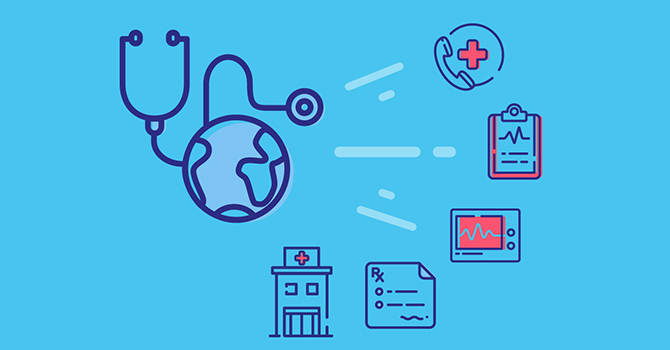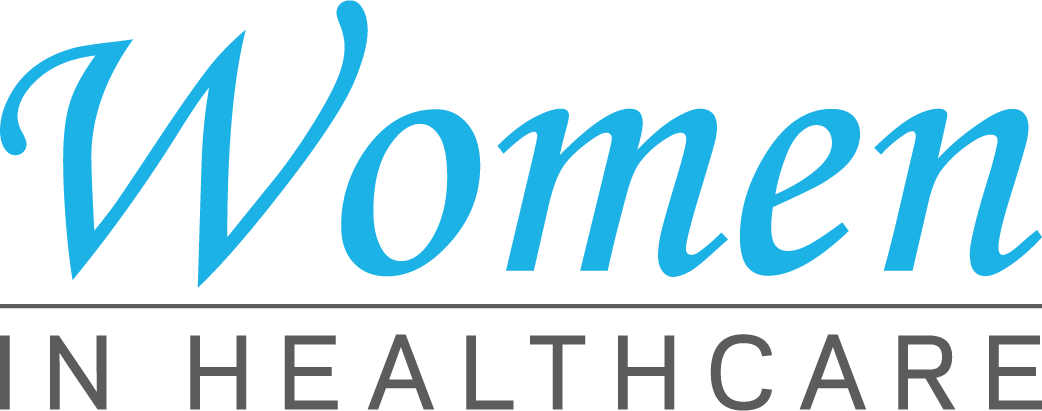Understanding the Duty of Medical Care RCM in Enhancing Economic Efficiency and Individual Satisfaction
Navigating the ins and outs of Medical care Revenue Cycle Administration (RCM) is important for attaining optimum monetary efficiency while all at once elevating person fulfillment. As we explore the transformative possibility of RCM, questions regarding its calculated implementation and future developments beckon, promising insights that might redefine market criteria and person experiences alike.

Key Elements of RCM
In the complex landscape of health care, Income Cycle Monitoring (RCM) is crucial in guaranteeing financial stability and operational effectiveness. A comprehensive RCM system includes a number of vital components, each playing a vital duty in the seamless administration of a healthcare provider's economic procedures. Person enrollment and qualification confirmation are fundamental actions, making certain that precise client details is caught and insurance protection is confirmed prior to solutions are rendered. This minimizes the threat of case denials and increases the compensation process.

Fee capture is an additional vital part, entailing the accurate recording of solutions offered to patients. It makes certain that all billable solutions are made up, thus optimizing profits capacity. Concurrently, medical coding translates patient experiences right into standard codes, which are vital for payment and regulatory compliance.
Claims submission and management adhere to, including the preparation and submission of insurance claims to payers. This procedure needs meticulous interest to detail to decrease mistakes and prevent hold-ups. Denial monitoring is an aggressive method to settle and address rejected cases, protecting profits streams.
Last but not least, settlement posting and individual collections finish the cycle, ensuring payments are accurately videotaped and superior balances are gone after. With each other, these components create a robust framework that supports the functional and monetary health and wellness of healthcare companies.
Effect On Financial Performance
Effective Income Cycle Administration (RCM) dramatically affects a health care organization's financial performance by maximizing capital and lowering income leak. RCM incorporates the extensive invoicing and collection processes that make certain doctor efficiently handle their economic deals from patient enrollment to last payment. By simplifying these processes, companies can minimize refuted insurance claims, expedite settlement cycles, and enhance total economic health and wellness.
Financial efficiency is improved through thorough administration of payment procedures, which entails accurate coding and prompt submission of cases. This decreases the likelihood of case denials and denials, which can significantly impede revenue circulation if not addressed without delay. Furthermore, incorporating sophisticated technology services helps with real-time tracking of cases and financial metrics, offering healthcare managers with the tools required to make informed critical decisions.

Enhancing Person Satisfaction
While optimizing financial efficiency is a crucial goal of Profits Cycle Administration (RCM), it also plays a pivotal duty in improving have a peek here client complete satisfaction. By minimizing management burdens, RCM enables health care suppliers to concentrate much more on person treatment, which directly enhances individual contentment.

RCM likewise enhances client fulfillment via reliable interaction. By keeping a thorough data source of person information, RCM facilitates improved communication in between individuals and health care suppliers, ensuring people really feel notified and valued. This transparency and accessibility foster a favorable individual experience. On the whole, efficient RCM application not only increases financial end results yet likewise substantially adds to a patient-centered medical care atmosphere.
Approaches for Efficient RCM
Attaining efficient Revenue Cycle Administration (RCM) needs healthcare organizations to carry out a set of critical practices that make certain financial security and operational performance. One essential technique is the adoption of technology-driven remedies, such as integrated software application systems that improve invoicing procedures, reduce mistakes, and enhance data precision. These systems make it possible for real-time tracking of monetary metrics, enabling timely recognition and correction of ineffectiveness.
An additional strategy is the standardization of processes throughout the revenue cycle. Healthcare RCM. This includes creating consistent plans for individual enrollment, insurance coverage verification, and declares handling. By making certain that all team stick to these requirements, companies can accelerate and lessen disparities settlement collections
Staff training and growth additionally play a pivotal duty in reliable RCM. Trained workers can successfully navigate complicated payment procedures and regulations, boosting and minimizing denials cash flow. Regular updates on plan adjustments and ideal methods help keep a skilled and well-informed labor force.
Future Trends in RCM
As health care companies boost their Income Cycle Monitoring (RCM) methods with modern technology and standardized procedures, focus is now transforming towards the future patterns forming this vital area. One substantial trend is the combination of fabricated intelligence (AI) and artificial intelligence to automate complex tasks, such as cases processing and predictive analytics. These innovations are anticipated to lower mistakes, accelerate purchase times, and offer data-driven insights for much better decision-making.
In addition, the change in the direction of value-based care remains to affect RCM techniques - Healthcare RCM. Healthcare carriers are expected to progressively concentrate on individual end results and satisfaction, requiring RCM systems that can fit new compensation designs. This shift will certainly need more extensive data collection and analysis to effectively measure and report on efficiency metrics
Interoperability is one more emerging concern, as seamless information exchange in between inconsonant systems comes to be critical. Improved interoperability will help with more accurate patient information sharing, reducing management concerns and improving the patient experience.
Conclusion
Health Care Earnings Cycle Management (RCM) dramatically influences both economic performance and individual satisfaction by enhancing payment procedures, guaranteeing directory exact coding, and enabling timely cases entry. Effective RCM reduces profits leak and increases money circulation, lowering claim denials and accelerating settlements.
Browsing the complexities of Healthcare Revenue Cycle Administration (RCM) is essential for achieving optimal financial performance while all at once raising individual contentment. RCM incorporates the thorough payment and collection procedures that make certain medical care companies effectively anonymous manage their financial transactions from patient enrollment to last repayment. By minimizing management concerns, RCM permits health care suppliers to concentrate much more on person treatment, which directly improves person contentment.
By preserving an extensive database of patient information, RCM promotes enhanced communication in between clients and healthcare carriers, ensuring patients really feel informed and valued.Medical Care Income Cycle Management (RCM) dramatically influences both economic efficiency and patient contentment by enhancing payment processes, making certain exact coding, and enabling punctual insurance claims submission.